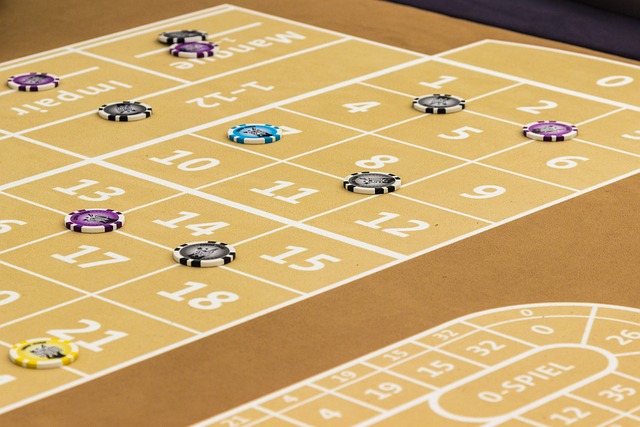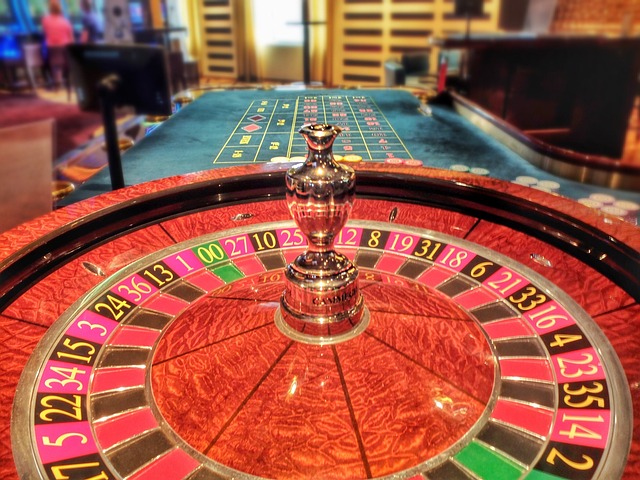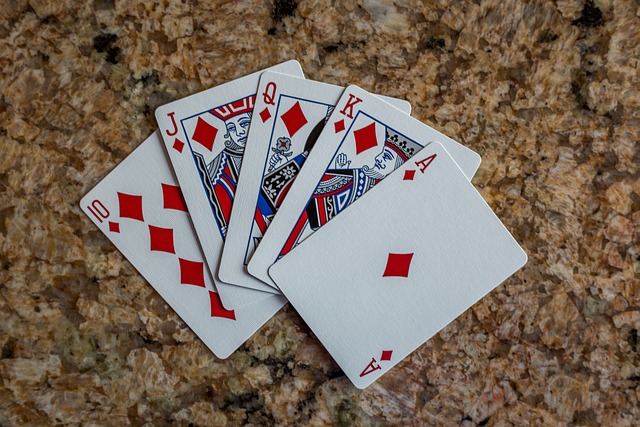Casino loyalty programs are a cornerstone of modern gambling platforms, designed to keep players engaged and motivated. These programs reward players for their continued activity, offering a range of benefits from bonus points to exclusive access. But how exactly do loyalty programs influence player behavior and sustain interest in casino games? This article delves into the psychology behind loyalty schemes and how they enhance the overall casino experience, providing valuable insights into why these programs are so effective at maintaining player engagement.
The Allure of Rewards and Recognition
One of the most compelling aspects of casino loyalty programs is the reward system. Players accumulate points with every wager, creating a sense of achievement and progress. These points can be redeemed for cash bonuses, free spins, or even physical prizes. This system taps into human psychology, where the pursuit of rewards stimulates dopamine release, reinforcing positive behaviors. The satisfaction of climbing loyalty tiers or unlocking exclusive benefits adds a competitive element, keeping players engaged and encouraging consistent play over time.
Building Emotional Connection and Trust

Loyalty programs go beyond rewards by fostering an emotional connection between players and the casino. Personalized offers, birthday bonuses, and exclusive invitations make players feel valued, enhancing their loyalty. This approach creates a sense of belonging and recognition, which strengthens trust in the casino brand. Over time, players associate the casino not just with gambling but also with a personalized and rewarding experience. This emotional bond keeps players returning and reduces the likelihood of switching to competing platforms, reinforcing long-term engagement.
Gamification and Engagement Mechanics
Many loyalty programs incorporate gamification elements such as levels, challenges, and leaderboards to make the experience more engaging. Players enjoy tracking their progress, completing missions, or competing for higher loyalty statuses. These mechanics introduce a layer of entertainment that complements the core gambling activities. By offering clear goals and tangible rewards, gamification keeps players motivated to engage regularly with the platform. The sense of achievement derived from progressing through loyalty levels mirrors the excitement of winning games, creating a continuous cycle of engagement.
Long-Term Benefits and Retention

Loyalty programs are not just about immediate gratification—they also build long-term player retention. As players invest time and money to reach higher tiers, they become more attached to the platform. This creates a “sunk cost” effect, where players are reluctant to leave because they’ve already accumulated substantial rewards or benefits. Casinos can further enhance retention by offering escalating rewards, exclusive VIP events, and personalized incentives for top-tier players. This strategy ensures that players feel continually appreciated and motivated to stay engaged, resulting in a stable, loyal player base.
Conclusion: A Winning Strategy for Casinos and Players
Casino loyalty programs are a powerful tool for driving player engagement and retention. By offering a combination of rewards, recognition, and entertainment, these programs create an environment where players feel valued and motivated to continue playing. The psychological mechanisms behind loyalty programs—including the desire for achievement, emotional connection, and gamification—make them highly effective at maintaining long-term player interest. While players enjoy the benefits and excitement of these programs, casinos benefit from increased loyalty and sustained revenue. Understanding how loyalty programs work allows players to make the most of their gaming experience while contributing to the casino’s success.
